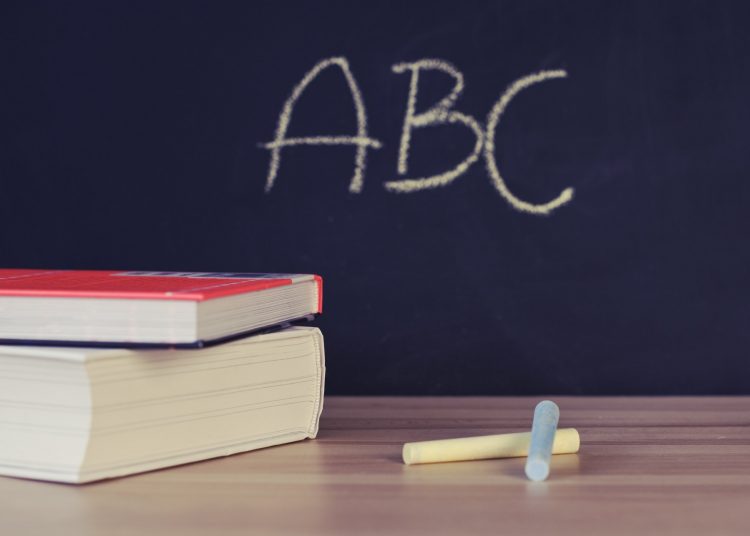(The Center Square) – Public feedback that followed a petition by attorneys and advocates brought the Iowa Board of Education to revise its seclusion and restraint policy for students, the Department of Education’s legal expert said.
“A group of attorneys and advocates petitioned to change the rules and we formed a work group to revise state rules,” Thomas Mayes, general counsel for the Iowa Department of Education, told The Center Square.
Public meetings held this fall by the department gained input for the amendments to Iowa’s administrative rules on corporal punishment, seclusion, and restraint.
“Seclusion removes a student from instruction, and may pose safety concerns if done poorly,” Mayes said. “For that reason, the new rules provide greater clarity about the condition of seclusion rooms, about staff training, about required staff actions during and after seclusion, and a clear requirement that seclusion and restraint shall not be used for routine disciplinary actions or for minor infractions.”
He said the Department of Education wants to make sure seclusion and restraint are used appropriately. The safety of students needs to follow a process that is reasonable for educators.
“There is a place for seclusion/restraint in schools to protect the safety of students and staff, and this is why it’s allowed under state law as a strategy of last resort,” Mayes said.
Iowa Code section 280.21 requires the regulations on seclusion and restraint, he said.
Rules adopted by the state Board of Education require data gathering. This enables the Department of Education to reveal any disparity of use with students of color and with disabilities, Mayes said.
The U.S. Department of Education reported in “The Use of Restraint and Seclusion on Children with Disabilities In K-12 Schools” that 80 percent of students subjected to physical restraint were students with disabilities. While they make up 13 percent of the students enrolled, they also made up 41% of students subjected to mechanical restraint and 77 percent of students subjected to seclusion, the report said.
















